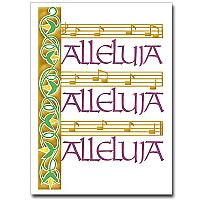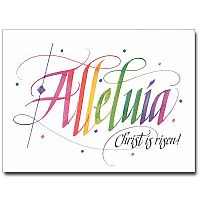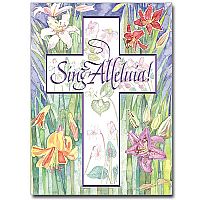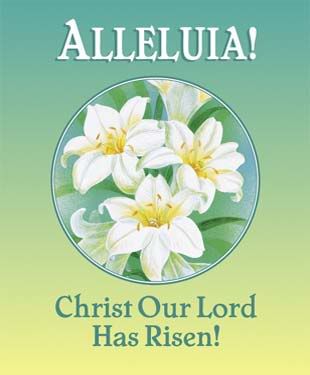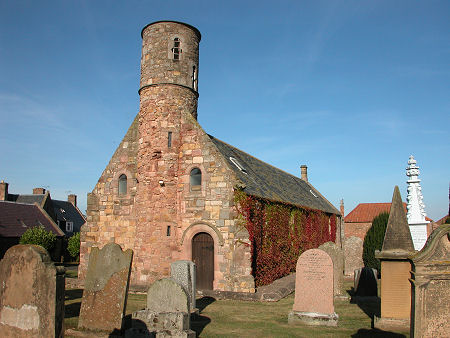On this Holy Saturday we have at last arrived at Burnmouth. Burnmouth is a small fishing village located adjacent to the A1 road on the east coast of Scotland. It is the first village in Scotland on the A1, after crossing the border with England. Burnmouth is located in the Parish of Ayton, in the Scottish Borders council area.
Burnmouth lies at the point where a burn slices through the high cliffs lining this coast en route to the sea. There may have been a mill here in the Middle Ages, but little else until a fishing harbour was built in the 1830s, later extended in 1879 and 1959. The East Coast Main Line railway passes along the top of the cliff here, and Burnmouth had a railway station from 1846 to 1962.
Burnmouth itself is split into two areas: Upper Burnmouth and Lower Burnmouth. Upper Burnmouth is sited at the top of the cliff. Lower Burnmouth is hidden away at the foot of cliff and stretches out along the foreshore. Lower Burnmouth is further split into four smaller communities: Lower Burnmouth, Partanhall, Cowdrait and Ross. Lower Burnmouth sits beside the harbour and Partanhall is located to the north. Cowdrait is located to the south of the harbour. The tiny community of Ross is located just south of Cowdrait. Ross, which now consists of only four houses, was once considered a separate community, as it lies just across the parish boundary, in the parish of Mordington.
Burnmouth has a small church sited halfway down the Brae (the road which ascends the cliff between Lower and Upper Burnmouth). Until 2005, the village had a small primary school. Burnmouth had two pubs - The Flemington Inn and The Gulls Nest - which were sited next to each other adjacent to the A1 road. The Flemington Inn had signs on the north and south gables proclaiming to passing motorists that that pub was the "The last inn Scotland" and "The first inn Scotland". In February 2006 the Flemington was gutted by fire and the building was later demolished.
Well, it is many miles since we started our Lenten pilgrimage in Gretna on Ash Wednesday. My feet are sore and tired, and I have arranged for the Highland Chieftain which leaves London King's Cross Station at 12 noon to make a special stop at the former Burnmouth Station at around 3.30 pm. The train should arrive into Inverness Station at 8.08 pm and so I should be just in time for the start of the Easter Vigil at St Columba's Culloden at 9.00 pm.
If you believe that, you will believe anything! I have of course been writing all of these 46 posts from the comfort of my study at home!
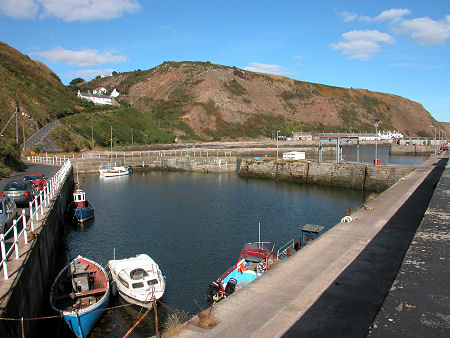 Then the LORD said to Moses, "Say to the Israelites, 'You must observe my Sabbaths. This will be a sign between me and you for the generations to come, so you may know that I am the LORD, who makes you holy.
Then the LORD said to Moses, "Say to the Israelites, 'You must observe my Sabbaths. This will be a sign between me and you for the generations to come, so you may know that I am the LORD, who makes you holy.
" 'Observe the Sabbath, because it is holy to you. Anyone who desecrates it must be put to death; whoever does any work on that day must be cut off from his people. For six days, work is to be done, but the seventh day is a Sabbath of rest, holy to the LORD. Whoever does any work on the Sabbath day must be put to death. The Israelites are to observe the Sabbath, celebrating it for the generations to come as a lasting covenant. It will be a sign between me and the Israelites forever, for in six days the LORD made the heavens and the earth, and on the seventh day he abstained from work and rested.' "
When the LORD finished speaking to Moses on Mount Sinai, he gave him the two tablets of the Testimony, the tablets of stone inscribed by the finger of God. (Exodus 31.12-18)Now there was a man named Joseph, a member of the Council, a good and upright man, who had not consented to their decision and action. He came from the Judean town of Arimathea and he was waiting for the kingdom of God. Going to Pilate, he asked for Jesus' body. Then he took it down, wrapped it in linen cloth and placed it in a tomb cut in the rock, one in which no one had yet been laid. It was Preparation Day, and the Sabbath was about to begin.
The women who had come with Jesus from Galilee followed Joseph and saw the tomb and how his body was laid in it. Then they went home and prepared spices and perfumes. But they rested on the Sabbath in obedience to the commandment. (Luke 23.50-56)With Christ we share a mystic grave,
with Christ we buried lie;
but 'tis not in the darksome cave
by mournful Calvary.
The pure and bright baptismal flood
entombs our nature's stain;
new creatures from the cleansing wave
with Christ we rise again.
Thrice blest, if through this world of strife,
and lust and selfish care,
our resurrection mantle white
and undefiled we wear.
Thrice blest, if through the gate of death
glorious at last and free
we to our joyful rising pass,
O risen Lord, with thee.
And now to thy thrice holy Name,
the God whom we adore,
to Father, Son and Holy Ghost,
be glory evermore.J M Neale (1818-1866)
During the glorious Easter Octave we shall enjoy some wonderful hymns of praise - and of course the blog will return to its usual cheery colour scheme!









